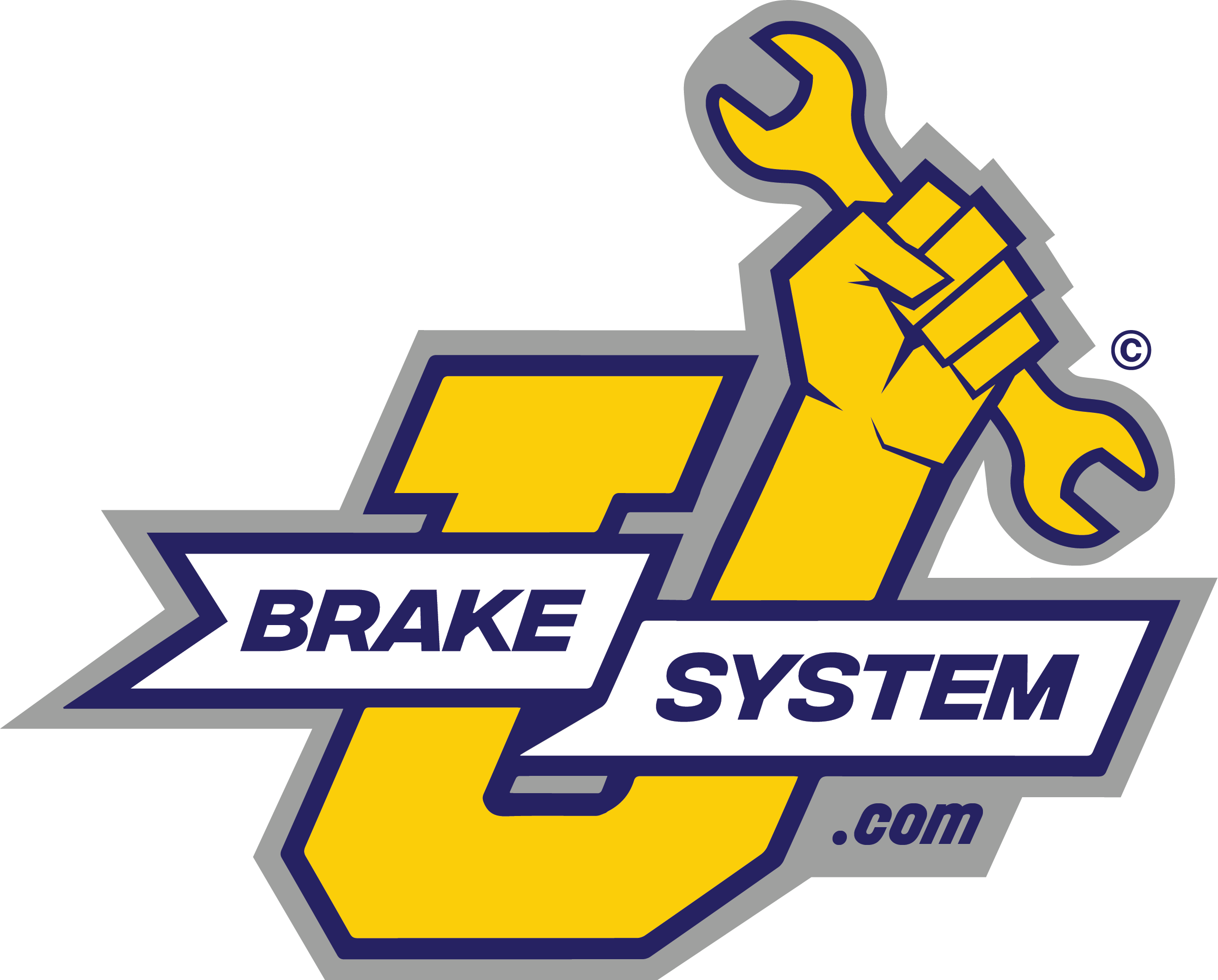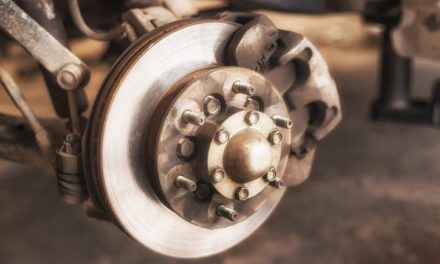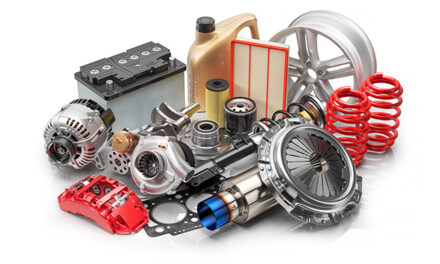Anti-lock brakes have gone from being a rarity to one of the most common safety features found on modern automobiles. The premise behind anti-lock brakes, commonly known as “ABS,” is simple – it minimizes the likelihood of your brakes locking up during a hard stop. On slick roads and other hazardous situations, ABS can mean the difference between an unexpected but safe panic stop and an accident with possible serious injuries.
Like any other technology, ABS has its benefits and drawbacks. Read on and see for yourself the pros and cons of ABS.
Pros of Anti-Lock Brakes
Because anti-lock brakes help prevent your wheels from locking up under panic braking, the technology reduces the risk of your vehicle losing traction and sliding on icy or rain-soaked pavement. ABS lets you have more control over your vehicle, making it easier to steer your way out of hazardous situations.
Better traction on slick roads isn’t the only advantage of an ABS-equipped vehicle. Insurance companies also love ABS technology since it significantly reduces your risk of getting into an accident. Lower accident rates also mean lower insurance premiums for ABS-equipped cars. ABS-equipped vehicles also get a small boost in resale value, meaning more money when you finally sell or trade-in your vehicle.
Any vehicle equipped with ABS will most likely also have traction control. The latter shares much of the same hardware with the former, making it easier to add traction control to vehicles that also have ABS installed.
Cons of Anti-Lock Brakes
Just because anti-lock brakes work in one set of conditions doesn’t mean they’re always guaranteed to work under every circumstance. While ABS provides life-saving stopping power on pavement, it’s not as effective when driving through gravel or sand. These surfaces can easily confuse anti-lock systems, making it harder to safely stop your vehicle when driving down gravel roads or along a sandy beach.
The noise and vibration of anti-lock brake systems can also be a bit strange, especially if you’re not used to how modern anti-lock brakes function. However, these sensations are designed to let you know the anti-lock brake system is working as intended. Unfortunately, the odd shuddering and pulsation might cause you to not exert as much force on the brake pedal as you should during a panic stop, resulting in longer and less safe stops.
Anti-lock brakes also require frequent maintenance. Sensors can fail, especially as your vehicle ages. Other components can prove delicate and easy to get out of calibration. The expense of fixing these systems whenever major problems arise can also be off-putting.
Final Verdict
While anti-lock brake systems have their drawbacks, they’re still an effective piece of safety equipment no vehicle should be without. The impressive safety margin offered by ABS easily outweighs the downsides of the system, under most circumstances.










